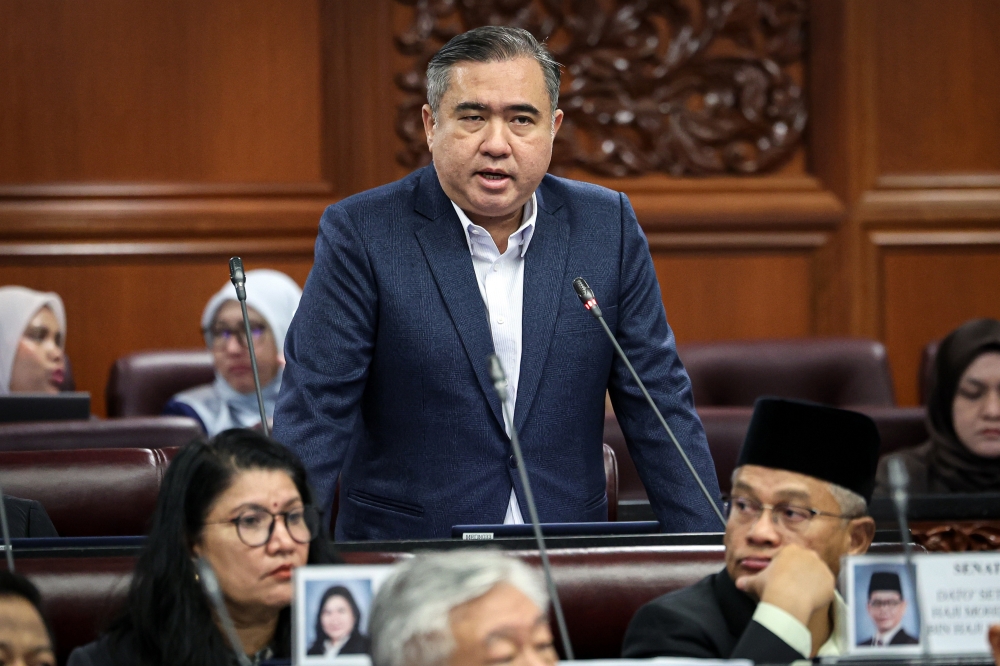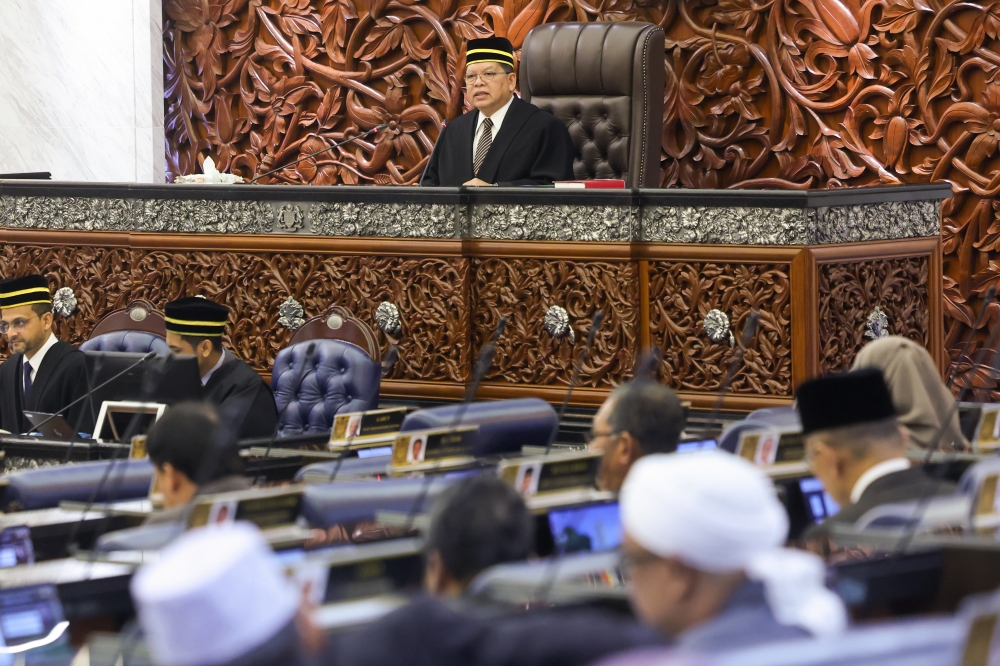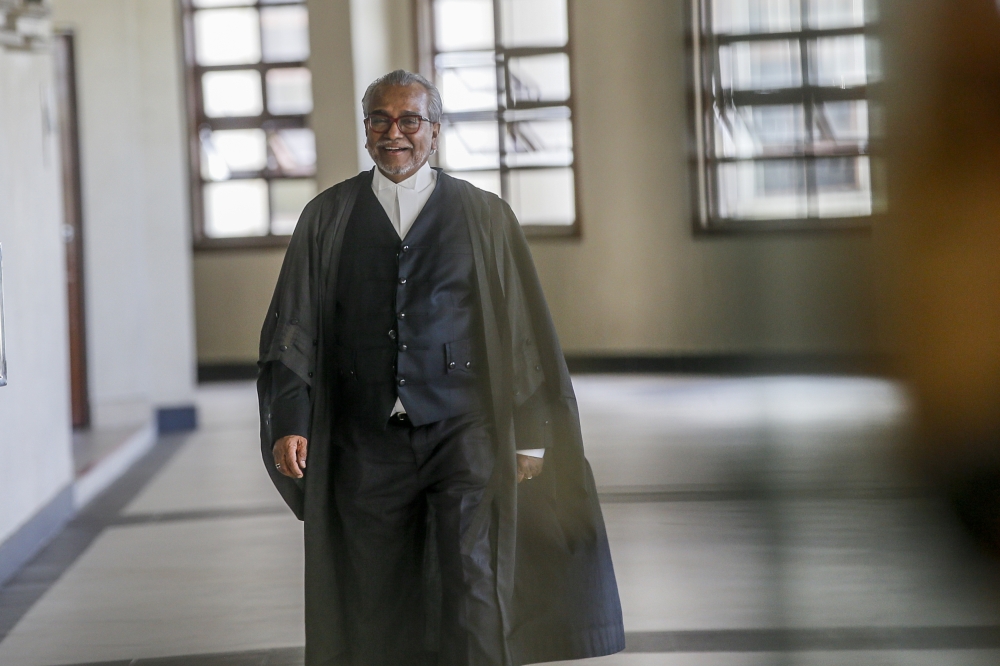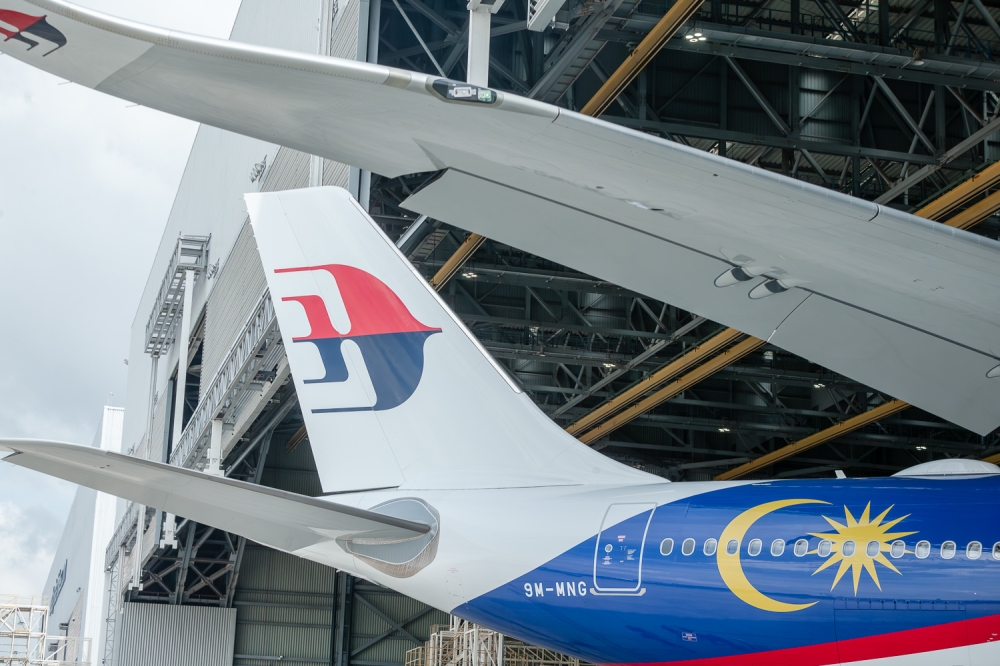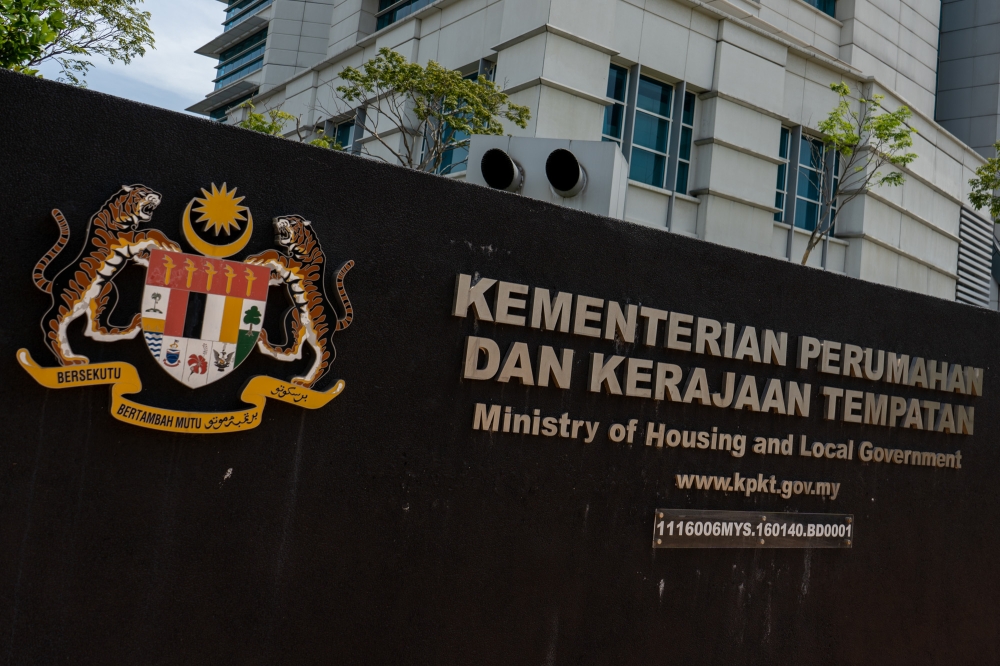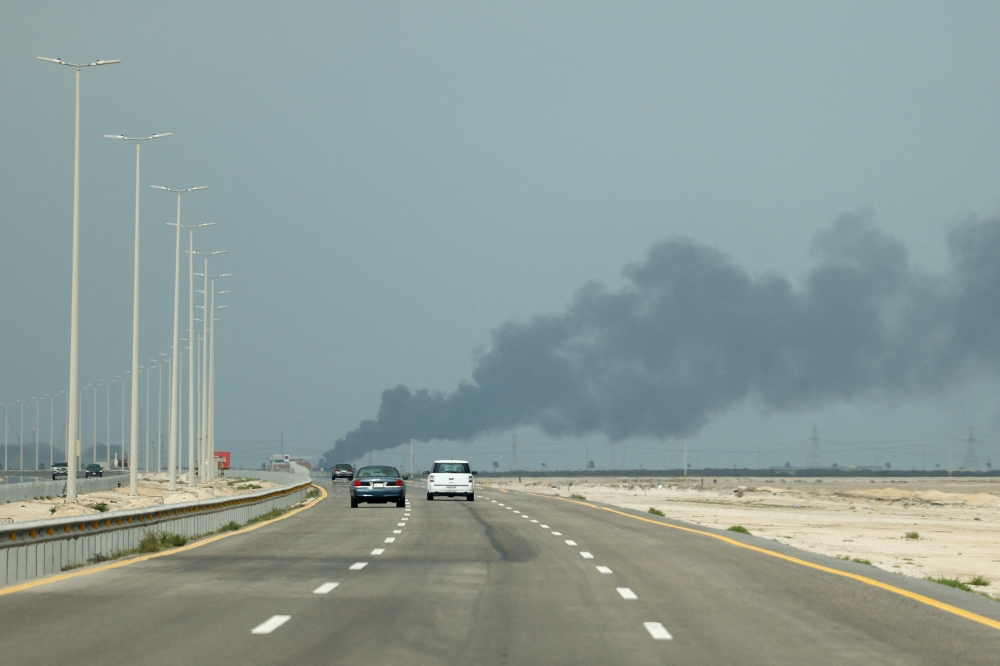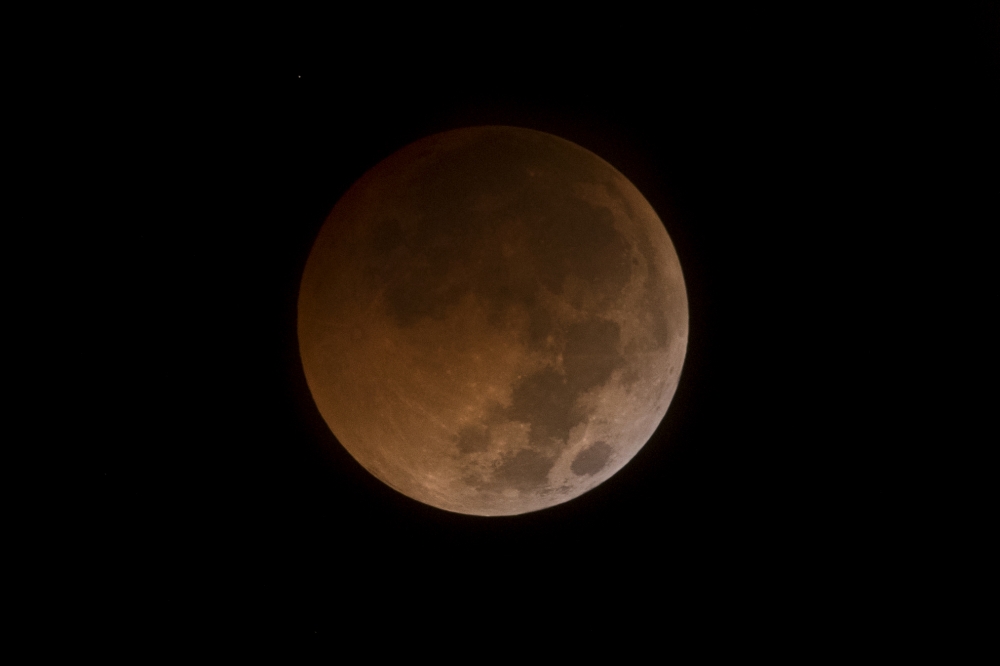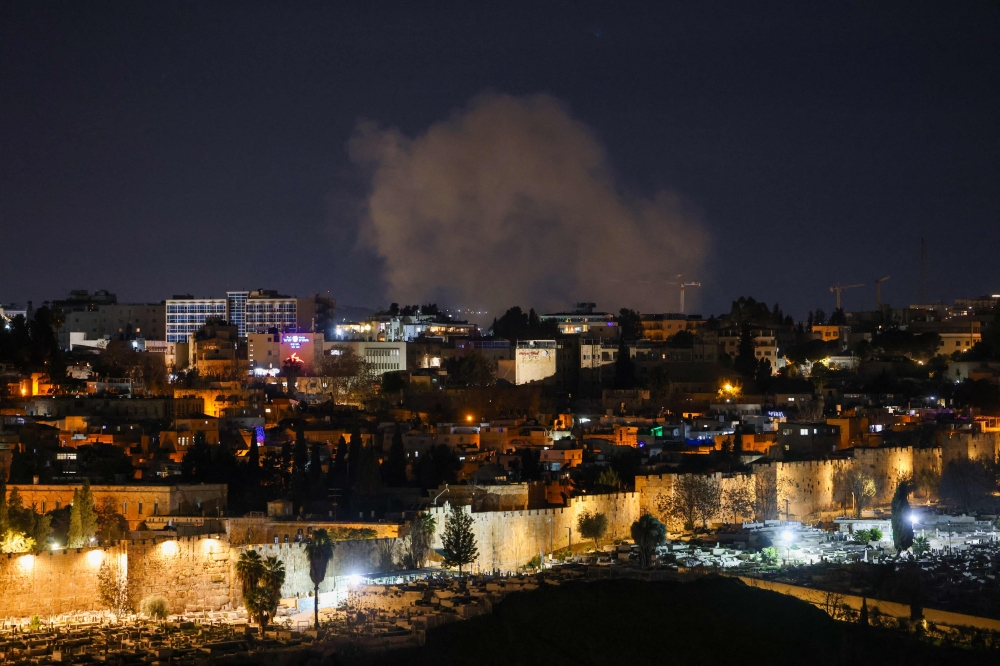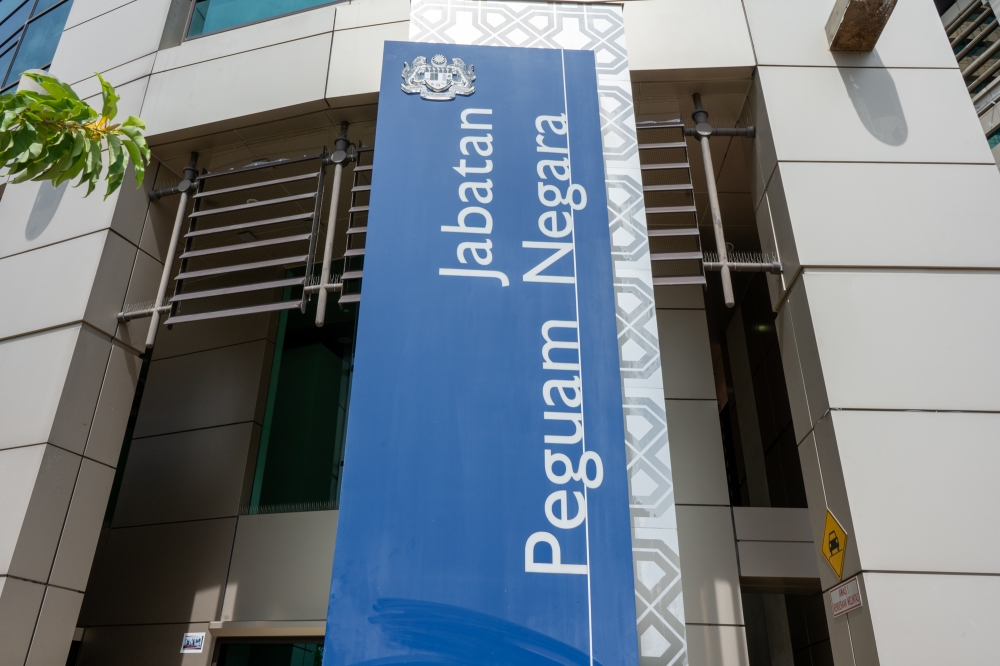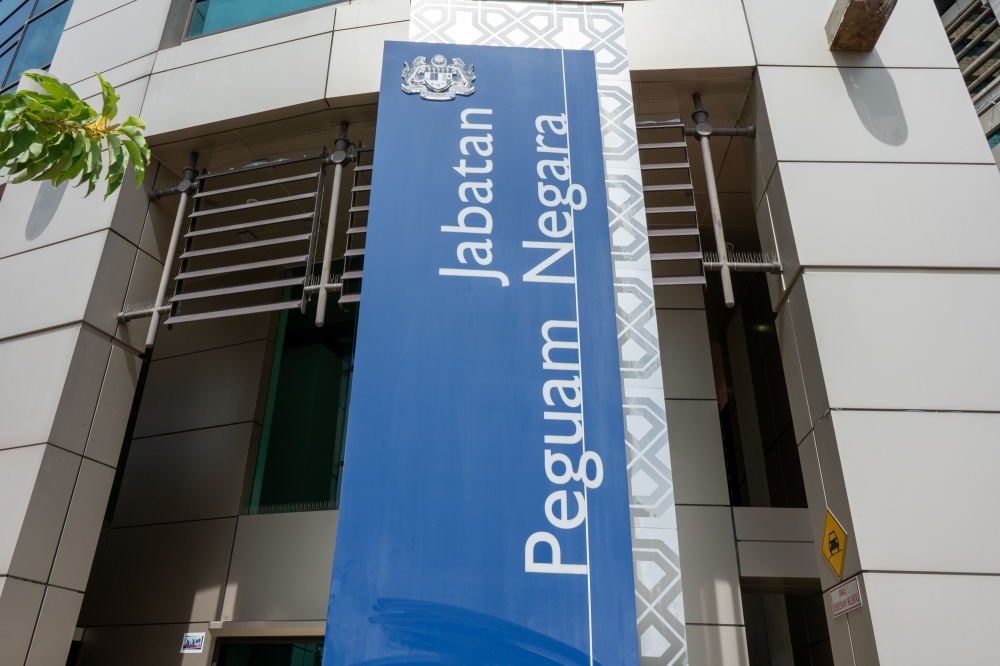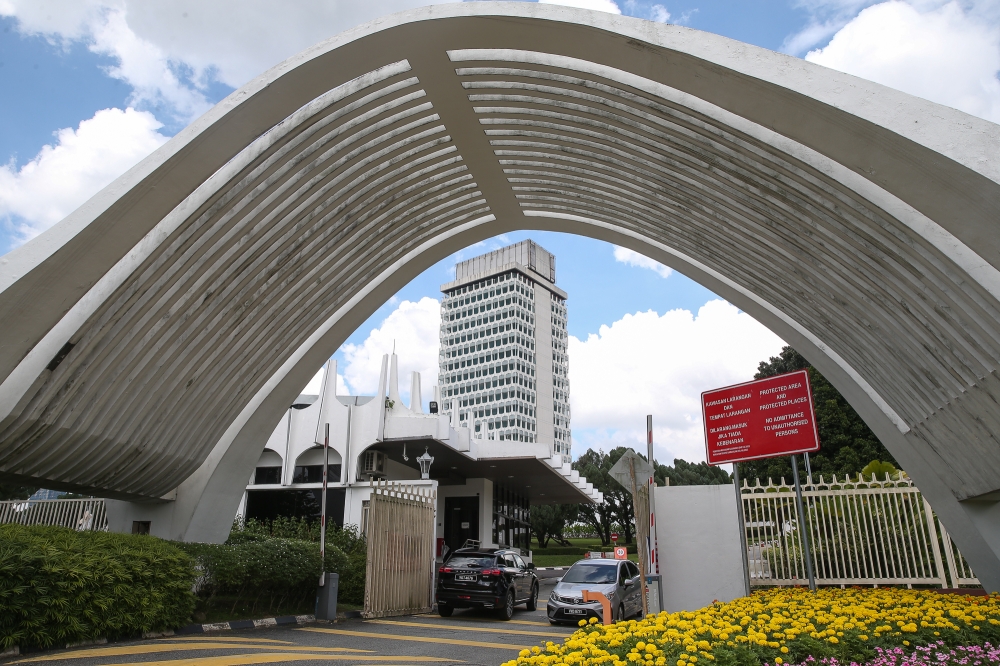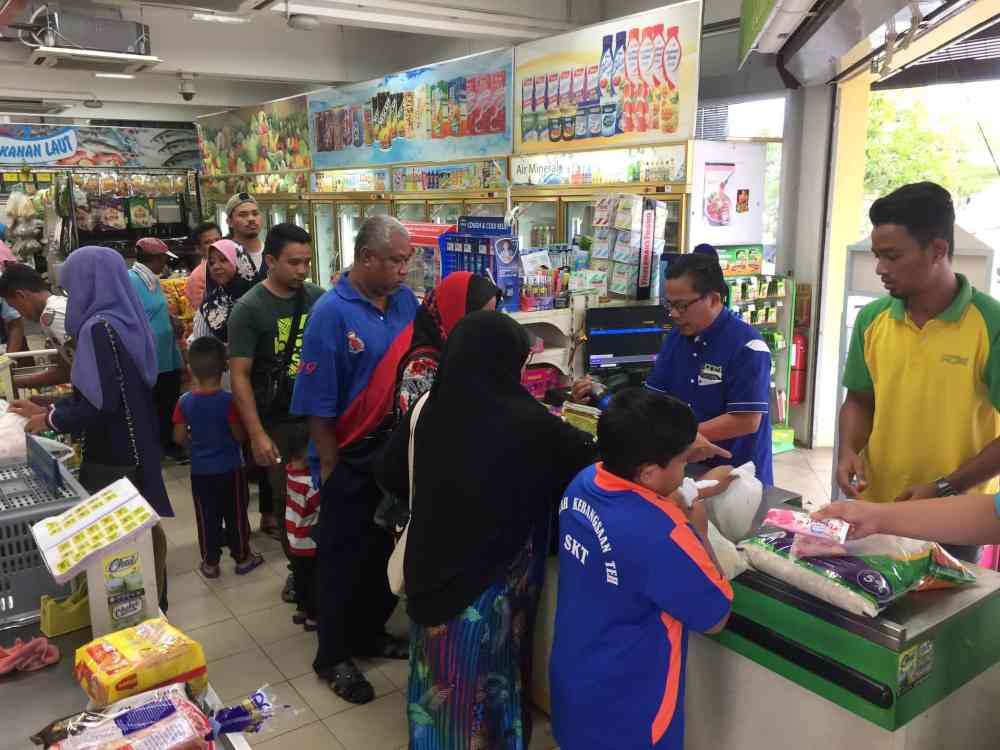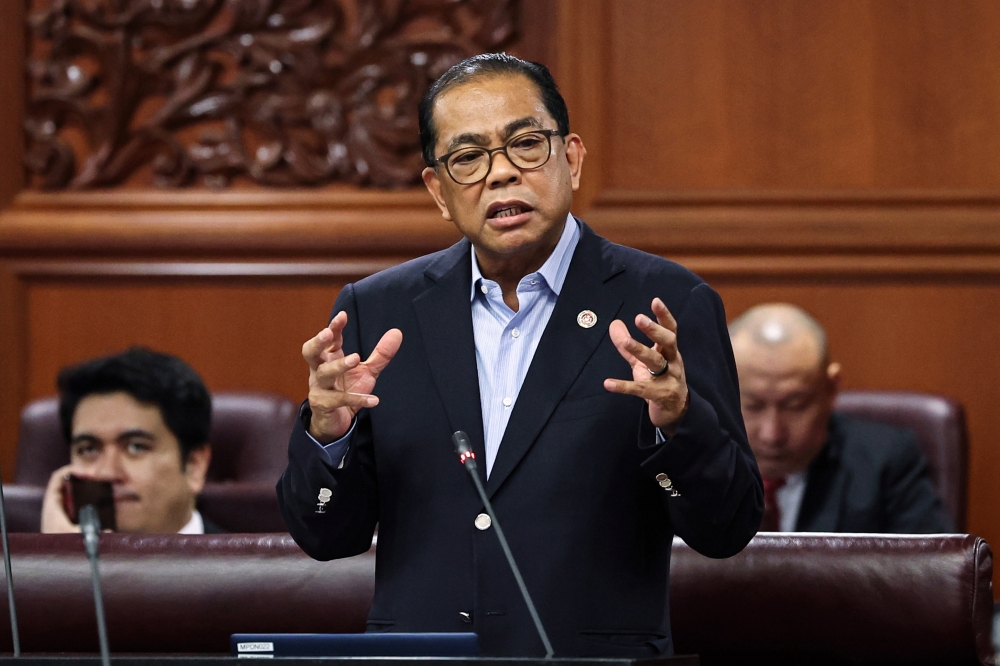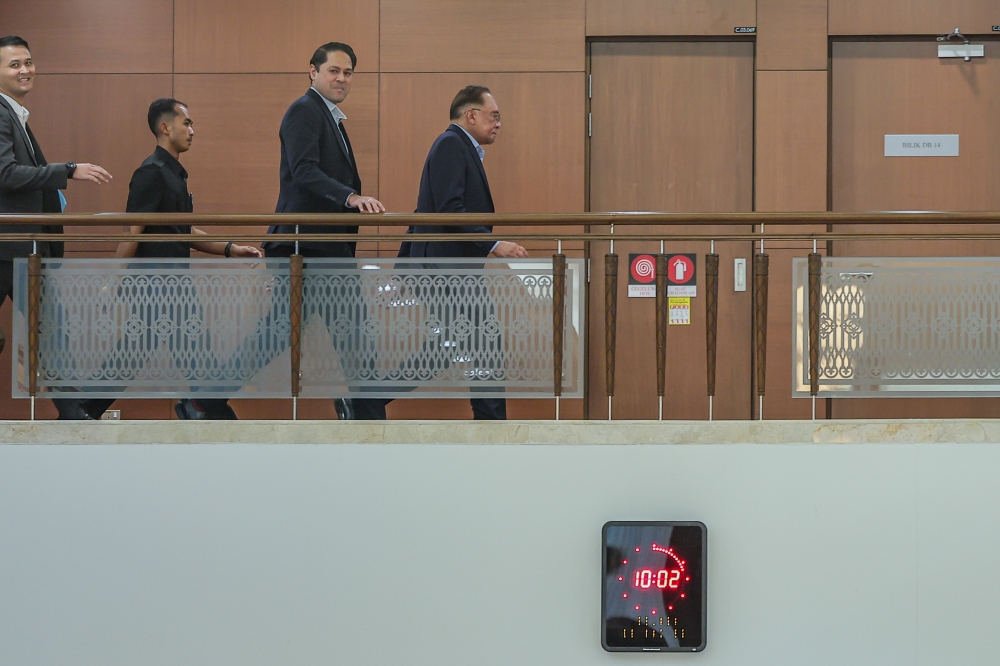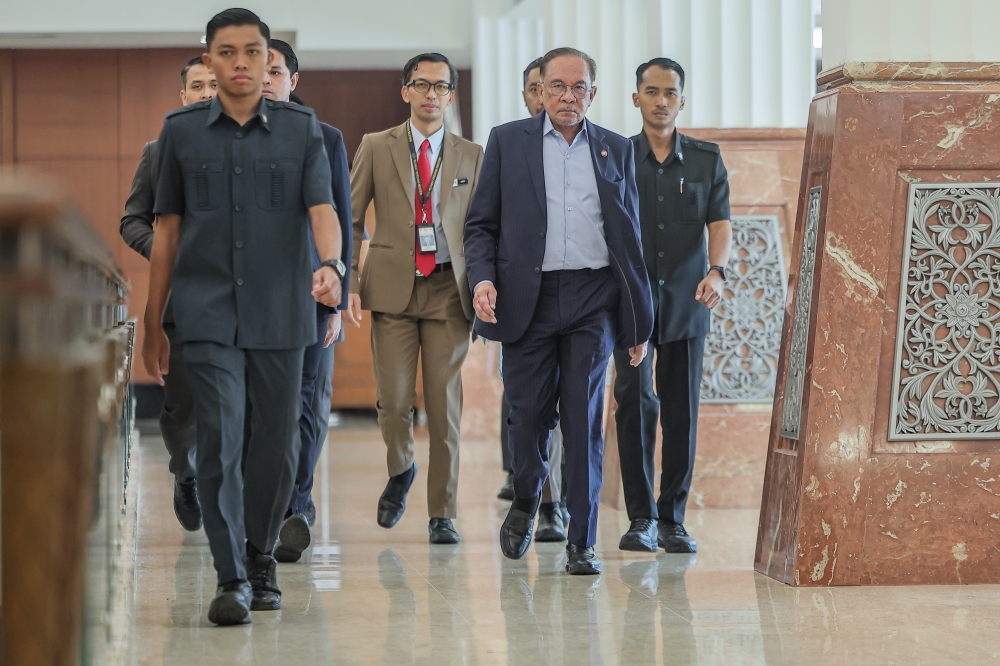KUALA LUMPUR, Sept 5 ― A campaign for Malay-Muslims to buy products manufactured by or sold in shops owned by their fellow adherents have since courted backlash from Putrajaya and the traders’ community.
But the current wave had come as a retaliation to a protest against the teaching of khat calligraphy held in Jerantut ― a town nearly 200km away from Kuala Lumpur in Pahang, most commonly known as the gateway to the serene Taman Negara.
“We were sad and disappointed when the Chinese tried to protest against khat. That was the last straw,” Mohd Nor Izzat Mohd Johari, a teacher turned Malay rights activists based in Jerantut, told Malay Mail.
On August 20, a group of non-Malays reportedly gathered there to protest the teaching of the Malay-Arabic calligraphy in vernacular schools, with a banner saying: “We respect the diversity of religions, languages and cultures in Malaysia, but we protest making khat compulsory in SJK(C) syllabus.”
Izzat, who was allegedly sacked in 2014 for criticising the now-suspended School-Based Assessment system, explained that the idea for the campaign came as a way to divert the anger of Malay-Muslims in Jerantut.
“I feel the Chinese in Jerantut has ‘waged war’ against us. So, we will respond by not only calling for vernacular schools to be abolished, but to boycott Chinese shops in Jerantut!” he wrote that day on his popular Facebook page with nearly 22,000 likes.
“Boycott TF! Boycott TMG!” the activist known as Cikgu Izzat urged in his post, referring to TF Value Mart and TMG Mart, two chains of supermarket there perceived as being Chinese-owned.
“First warning: Do not go at all, do not step at all into Chinese supermarkets and shops for two days starting from August 21 until 23, 2019. We only shop at PDM Jerantut!” he added.
PDM refers to Pasaraya DarulMakmur, a chain operated by fully-owned by the Pahang Islam and Malay Culture Council with 10 stores across the state.
On the same day, he also lined out how fellow Muslims can join his boycott campaign, by either:
1. Shopping at Muslim stores and buying Muslim products, or
2. Shopping at Muslim stores, even if buying non-Muslim products, or
3. Buying Muslim products, even if shopping at non-Muslim stores.

He has since elaborated on the rationale behind such a move, saying that while non-Muslims may have received halal certification, they do not pay the “zakat”, or tithe, that would be redistributed to the Muslim community.
Claiming success in the first five days of his campaign, Izzat continued what he called “the first wave” until August 31.
“The goal of this campaign is awaress and an angry response to some Chinese in Jerantut who were rude and insolent by insulting Islam and the Malays. If the Chinese strike and rally, we Muslims and Malays will not retaliate as such, but we embark on an economic jihad,” he said, using the Arabic word that means “holy struggle”.
How things came together
Despite the recent wave, the campaign to buy “Muslim products” was actually first launched back in April by Malay-Muslim coalition Gerakan Pembela Ummah and its member Malaysia Muslim Consumers Association (PPIM), as a means to boost the businesses of entrepreneurs from the community.
“We hope through this campaign we can make our community aware, that it is enough that we make others rich. We have to make Muslims rich next,” Ummah chairman and Islamist group Ikatan Muslimin Malaysia (Isma) president Aminuddin Yahaya was quoted saying during the launch.
Izzat himself is one of those entrepreneurs, best known as a distributor for Chokee, a chocolate malt drink similar to the market leader Milo.
After his sacking, he had served as the press secretary to Datuk Seri Wan Junaidi Tunku Jaafar who was minister of natural resources and environment before the fall of Barisan Nasional, and Izzat most recently had unsuccessfully vied for the post of Umno Youth chief.
Notably, he is also an activist with PPIM and a member of the national Ummah secretariat. The campaign in April was his brainchild as the programme director.
In addition, several events had transpired in the past few weeks that inevitably managed to popularise the five-month-old campaign.
On August 21, Malaysian Chambers of Entrepreneurs Business Development president Datuk Nazilah Idris had urged authorities to act against the use of the jawi script on products said to be manufactured by non-Muslims.
Siti Zailah Mohd Yusoff, who heads PAS’ bureau for workers and consumers, proposed afterwards a review of the Department of Islamic Development Malaysia’s (Jakim) logo to certify halal status for businesses and products, suggesting the dropping of jawi script in the halal logo for non-Muslim businesses.
These proposals, in turn, came at the back of the rejection by Chinese educationists groups Dong Zong and Jia Zong of Putrajaya’s announcement that the khat calligraphy and jawi script be taught as part of the Bahasa Malaysia subject in vernacular schools.
Such proposals were subsequently dismissed by Datuk Mujahid Yusof Rawa, the minister in charge of Islamic affairs.
On August 25, Ummah had also held National Ummah Unity Convention, where Aminuddin sounded alarm bells over what he deemed as the dire economic status of the majority Malay-Muslims, while facing other threats such as liberalism, Christian evangelism, and human rights movements.
Ummah had in the past capitalised on events such as the death of firefighter Muhammad Adib Mohd Kassim to rally for the “sanctity and sovereignty of Islam”. It had recently threatened another rally should Pakatan Harapan (PH) not dissolve Parliament well before its five-year term is over.
By August 31, Ummah has started promoting Izzat’s renewed campaign on its social media accounts.
“We were at the right place at the right time. It was at the peak of the Muslims’ anger,” Izzat said, chalking the increased attention up to divine intervention.
So it's not a boycott?
Snowballing quietly among the Malay grassroots on social media, the issue finally received mainstream national attention after Prime Minister Tun Dr Mahathir Mohamad lambasted it as being “the call those who are simple minded”.
“Boycotts are the ineffective weapons. It’s useless to boycott and will only trigger anger. Don’t boycott anyone’s products ― Bumiputera or no,” Dr Mahathir said after a PH Presidential Council meeting on the eve of the National Day.
In the same press conference, Dr Mahathir also warned against the cooperation between Opposition parties Umno and PAS, accusing them of playing the ethno-religious card. This followed a special National Day video by him where he said Malaysia’s biggest challenge next is to tackle racism.
The boycott campaign has since been criticised by the National Chamber of Commerce and Industry of Malaysia, who said the move is counter-productive and can breed hatred and cause disunity among Malaysians.
Yesterday, the Cabinet also called upon Malaysians to support the campaign to buy Malaysian products instead of boycotting goods manufactured by non-Muslims, unanimously agreeing that the boycott is “very unreasonable”.
In response, Ummah has since clarified that the campaign does not call for boycott to promote products by Muslims and denied any accusations of racism, accusing instead critics of trying to stymie Muslim solidarity.
“We always hear that the halal status of products sold is questionable. This has made Muslims uncomfortable because this will affect their practice.
“So this effort is a way to help Muslims get products that are genuine from its cleanliness to its halal status,” Aminuddin told a press conference on the “buy Muslim first” campaign on Tuesday.
PAS had also defended the campaign, with secretary-general Datuk Takiyuddin Hassan denying any boycott and deputy president Datuk Tuan Ibrahim Tuan Man telling Putrajaya to “respect the choice of Muslim consumers”.
“The campaign to prioritise Muslim products is an early awareness by Muslim consumers to choose products that are halal, good and done by Muslims,” the Tuan Ibrahim said in a statement.
Again, the Islamist party also urged Putrajaya to monitor and restrict products that it claimed “confuse consumers” by using Muslim-like names, pictures and logos, but in actuality are manufactured by non-Muslims.
Clear victims of campaign
Despite Ummah and PAS distancing themselves from any boycott, the sentiment still stands on social media and text messaging app WhatsApp, where images and posts calling for boycott against the Chinese are enthusiastically being reshared among the grassroots.
“We all have WhatsApp. We know what is the sentiment being played on social media. It is not a campaign to buy products, but a campaign to boycott products,” said Syahredzan Johan, an aide to DAP MP Lim Kit Siang, on Twitter.
Antara benda2 yang berlegar dalam Whatsapp.
— Syahredzan Johan (@syahredzan) September 2, 2019
Masih nak kata ini bukan kempen boikot? pic.twitter.com/xKPqb8akFr
DAP is a frequent target of such viral posts, with euphemisms such as “bangsa DAP” or “DAP people” usually used as a veiled reference to the ethnic Chinese.
Syahredzan also tweeted some of those posts he was referring to. A typical post would usually lists down products and brands allegedly manufactured by Chinese producers, and sometimes provided alternatives said to be produced by Malay-Muslims.
Econsave Cash & Carry Sdn Bhd was among those targetted, and had lodged a police report on Monday following several viral Facebook posts claiming the hypermarket did not stock any Bumiputera or Muslim-owned products.
“Econsave is one of the supermarkets which sells a lot of Bumiputera and Muslim products such as the Tamin, Adabi, Kipas Udang, Faiza, Enaq, Saji and other brands,” manager Mas Imran Adam told Bernama.
Last month, the Ministry of Education had already announced that vernacular schools will only teach the jawi script at a basic level instead of the khat calligraphy.
Following a discussion by the Cabinet, the ministry said the introductory lessons will stay in vernacular schools, but only with the consent of students and each school's Parent Teacher Association.
However, it does not seem like the “buy Muslim first” campaign will abate soon, at least not in Jerantut. With the first wave down, Izzat the second wave “will come any time soon”.In one of his most recent Facebook posts, Izzat said they will stand steadfast on the cause. He seemingly thanked the anti-khat protest for stoking the anger of Muslims here whom he said can no longer stand the insult against their religion and ethnic group.
“Did the Muslims riot? No. Did the Malays demonstrate? No more. But we are resolved, we are determined.
“We will do something. We will return the glory of Muslim economy, starting in Malaysia!” he exclaimed.

